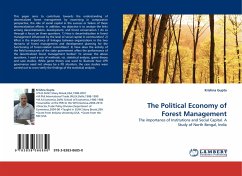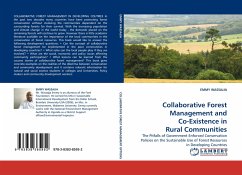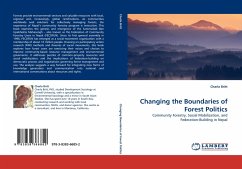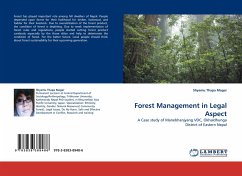This paper aims to contribute towards the understanding of decentralized forest management by examining in comparative perspective, the role of social capital in the success or failure of these decentralization efforts. In addition, my objective is to analyze the links among decentralization, development, and forest conservation. I do so through a focus on three questions. 1) How is decentralization in forest management influenced by the level of social capital in communities? 2) What is the importance of linkages between organizations in the two domains of forest management and development planning for the functioning of forest-related committees? 3) How does the activity of the field bureaucrats of the state government affect the performance of the decentralized forest management bodies? To answer the above questions, I used a mix of methods, viz. statistical analysis, game theory and case studies. While game theory was used to illustrate how CPR governance need not always be aPD situation, the case studies were carried out to cross-verify the findings of the statistical analysis.
Bitte wählen Sie Ihr Anliegen aus.
Rechnungen
Retourenschein anfordern
Bestellstatus
Storno








